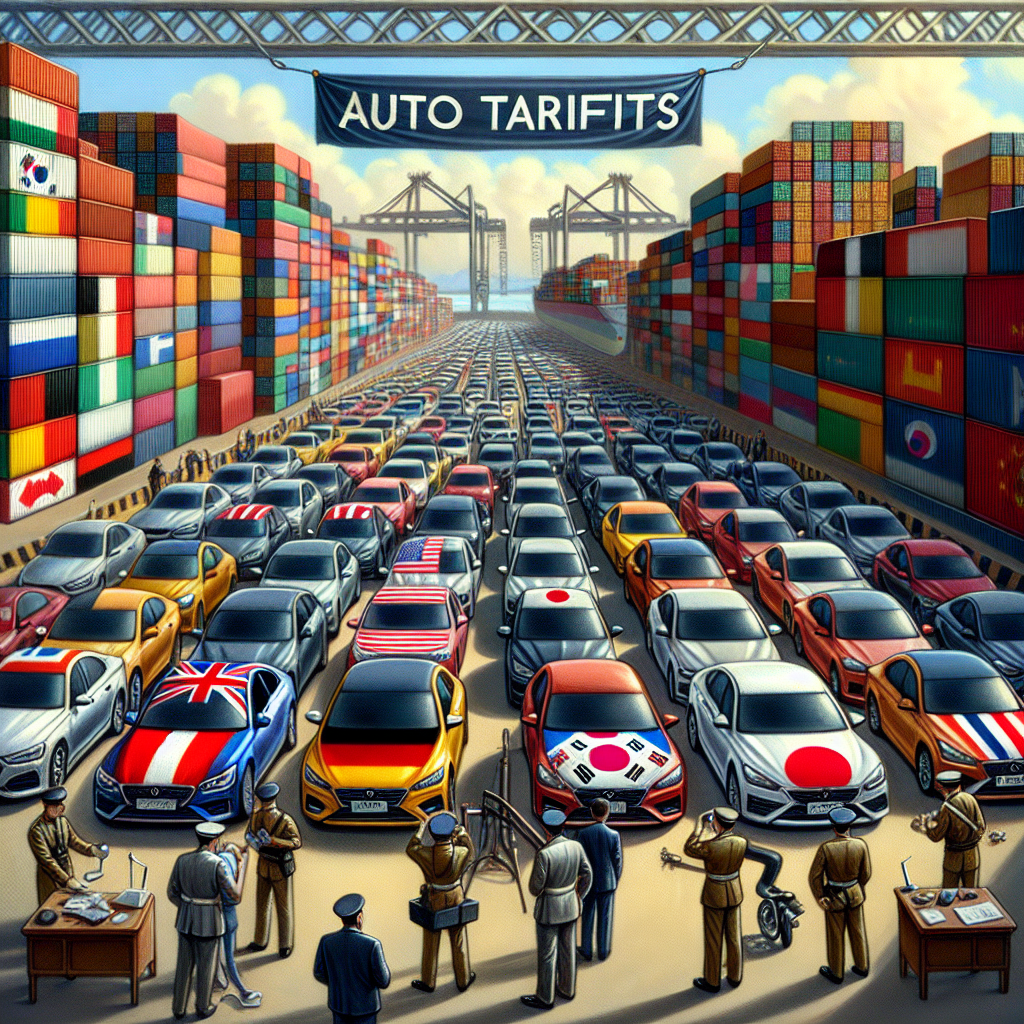South Korea Prepares for Major Impact from U.S. Auto Tariffs
South Korea's auto sector faces significant challenges due to U.S. import tariffs on cars announced by President Trump. The government, planning an emergency response, will engage with the U.S. to minimize impacts, considering financial assistance and exploring diversifying markets. Parts suppliers and major automakers like Hyundai and Kia are notably affected.

South Korea's auto industry is bracing for tough times ahead as U.S. import tariffs on cars, as announced by President Donald Trump, are set to take effect. The South Korean government, aiming to respond by April, is planning to implement emergency measures, according to Industry Minister Ahn Duk-geun.
Minister Ahn conveyed that although global uncertainties are on the rise, South Korea's auto sector won't face this challenge alone. The government intends to negotiate with the United States to reduce adverse effects on South Korean car manufacturers and suppliers, exploring financial aid, investment support, and market diversification measures.
The announcement of a 25% tariff on imported vehicles has led to significant stock drops for major South Korean automakers, with Hyundai Motor and Kia Corp facing notable declines. In 2024, automotive exports from South Korea to the U.S. reached $34.7 billion, making up a significant portion of the sector's overall exports.
(With inputs from agencies.)










